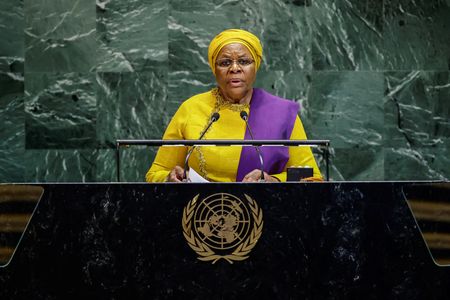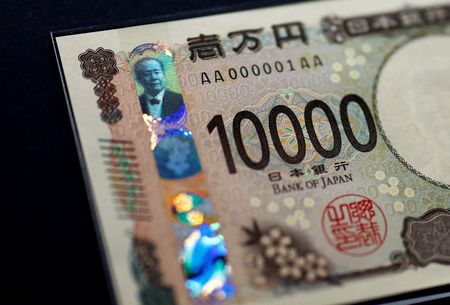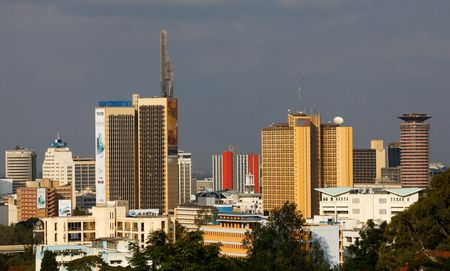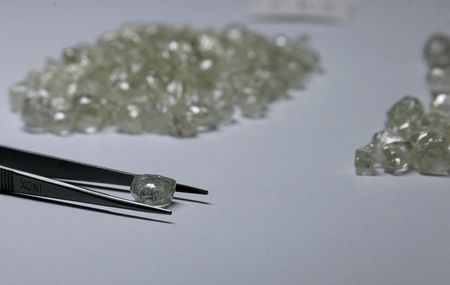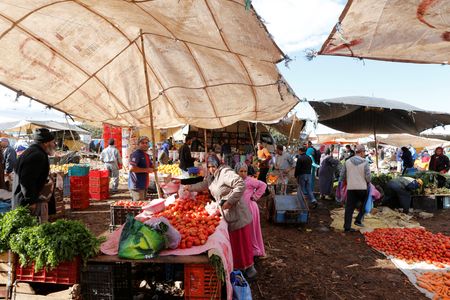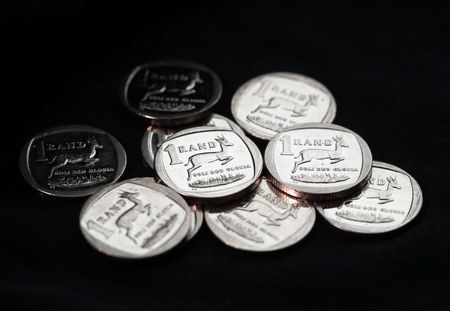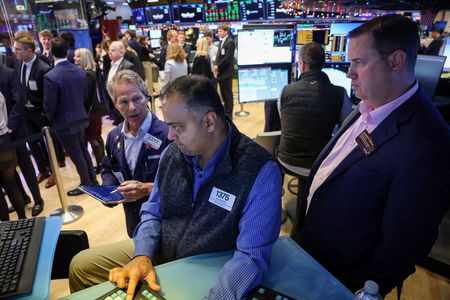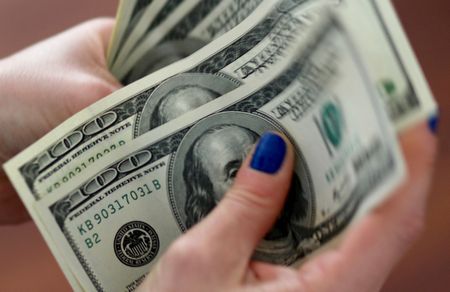By Isaac Anyaogu
LAGOS (Reuters) – Nigeria’s Dangote oil refinery started supplying petroleum products to the local market on Tuesday, a company executive and fuel marketing associations said, a major step in the country’s quest for energy independence.
The refinery, Africa’s largest, was built on a peninsula on the outskirts of the commercial capital Lagos at a cost of $20 billion by the continent’s richest man Aliko Dangote and was completed after several years of delays.
It can refine up to 650,000 barrels per day (bpd) and will be the largest in Africa and Europe when it reaches full capacity this or next year.
Dangote’s group executive, Devakumar Edwin, confirmed shipping of diesel and jet fuel into the local market.
“We have substantial quantities.
Products are being evacuated both by sea and road. Ships are lining up one after another to load diesel and aviation jet fuel,” Edwin told Reuters.
“Ships load a minimum of 26 million litres, though we try to push for 37 million litres vessels, for ease of operations.”
Local oil marketers agreed a price of 1,225 naira ($0.96) per litre of diesel following a bulk purchase agreement, before putting their mark-up, said Abubakar Maigandi, head of the Independent Petroleum Marketers Association of Nigeria.
The association’s members control about 150,000 retail stations across Nigeria, Maigandi said.
Another marketers’ group, the Depots and Petroleum Products Marketers Association of Nigeria said its members were seeking letters of credit to buy petroleum products from Dangote.
“Our members are discussing with banks and these talks have reached advanced stages, when we have our letters of credit, we will begin lifting products,” Femi Adewole, the association’s executive secretary said.
The Dangote refinery is touted as the turning point to end Nigeria’s reliance on imported petroleum products.
Nigeria is Africa’s most populous nation and its top oil producer, yet it imports almost all its fuel due to lack of refining capacity. (This story has been corrected to remove reference to marketers’ group as ‘smaller’ in paragraph 9)
(Reporting by Isaac Anyaogu; Editing by Chijioke Ohuocha, Jan Harvey and David Gregorio)


